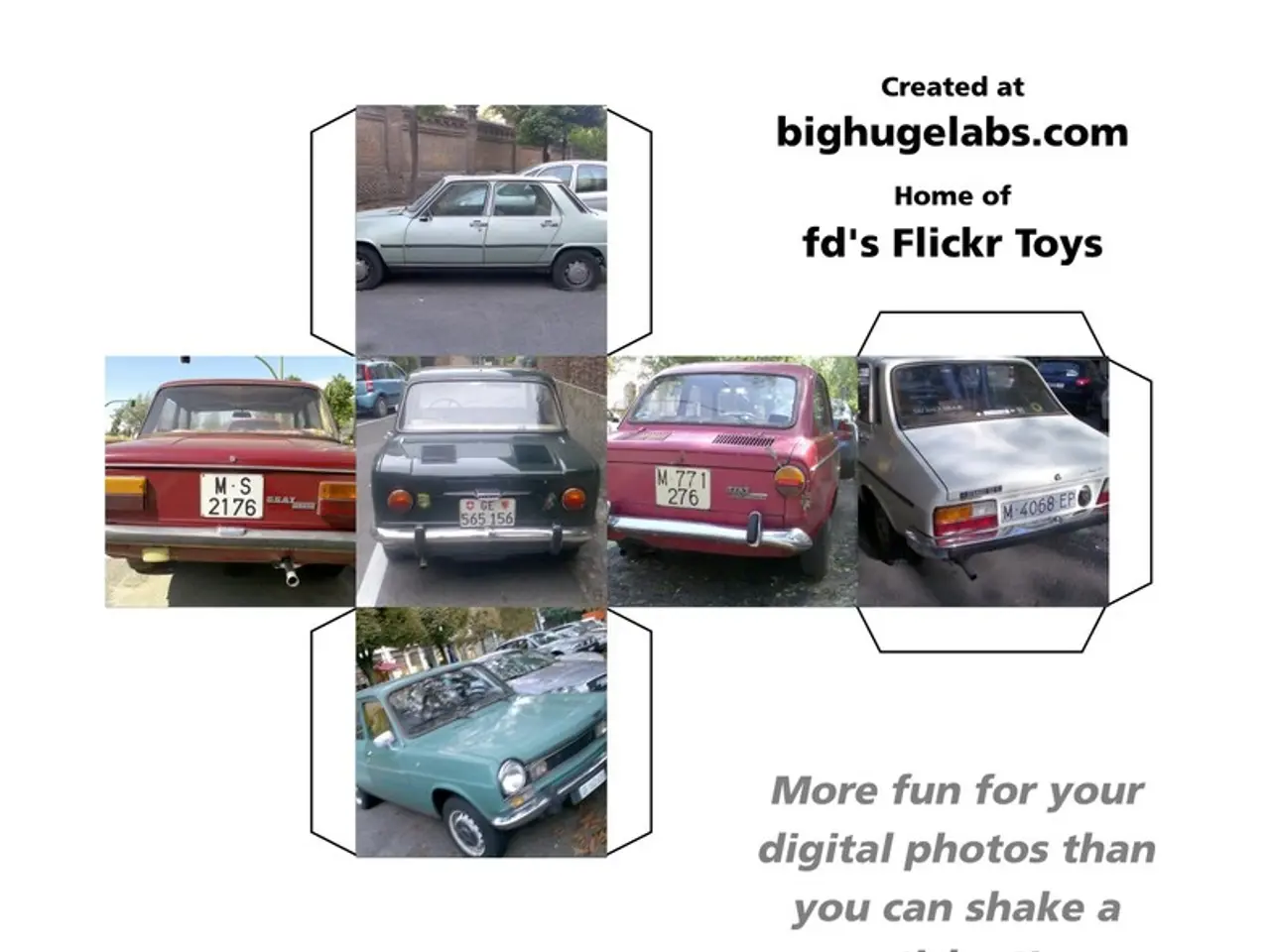Auto industry leaders in Germany express concern over potential import duties on Chinese products
In a recent turn of events, China's commerce minister Wang Wentao paid a visit to the president of the German Association of the Automotive Industry (VDA), Hildegard Mueller. This meeting comes amidst growing opposition from Germany towards the EU's anti-subsidy inquiry on Chinese electric vehicles (EVs).
The opposition has strengthened after the remarks of top executives from BMW and Volkswagen. Oliver Zipse, CEO of BMW, has warned that possible increases in tariffs may lead to retaliation, likening the anti-subsidy inquiry to "shooting yourself in the foot." Volkswagen CEO Thomas Schaefer echoed similar sentiments, stating that the inquiry may be detrimental.
Hildegard Mueller, the VDA's president, shares these concerns. She fears that the European Union's increasing bureaucracy and regulatory overload, combined with high energy costs and global competition, threaten the competitiveness of the German auto industry. She calls for a mental shift in Berlin and Brussels towards fewer bureaucratic hurdles, innovation-friendly frameworks, and investment security.
BMW and other automakers depend on Chinese components and raw materials, according to Zipse. The European Green Deal, a package of policy initiatives to guide the EU in green transition, relies on Chinese resources as well. Mueller advocates for a policy correction in the EU's climate and industrial policy that balances climate goals with economic competitiveness through technology neutrality and a realignment of EU regulations rather than protectionism.
The anti-subsidy inquiry was initiated by Brussels, and Andreas Rade, managing director of VDA, noted that it was not a joint project between Berlin and Paris. The EU's move has been heavily criticized by China, with China arguing that the inquiry was not instigated by a complaint and that some US subsidies for EVs violate World Trade Organisation (WTO) rules.
A report released by the Rhodium Group suggests that the EU may need to increase import duties up to 50% to slow down the influx of Chinese EVs into Europe. However, specific actions on tariffs were not detailed. The anti-subsidy inquiry is expected to conclude in November.
The German Chancellor, Olaf Scholz, met with Chinese President Xi Jinping during a three-day visit to China. The outcome of these discussions regarding the anti-subsidy inquiry remains unclear.
Despite the concerns raised by European automakers, they are not seeking protection. Instead, they need increased competition to produce better vehicles, according to Ola Kaellenius, CEO of Mercedes-Benz, who expressed concerns over the expected tariff increase in March.
The tensions between the EU and China over the anti-subsidy inquiry on Chinese EVs continue to escalate, with both parties presenting valid concerns and arguments. The conclusion of the inquiry, expected in November, may provide some clarity on the future of trade relations between the two parties.
Read also:
- Recognition of Exceptional Patient Care: Top Staff Honored by Medical Center Board
- A continuous command instructing an entity to halts all actions, repeated numerous times.
- California Senator Kamala Harris announces she will not seek the governorship in 2026, instead hinting at future professional ventures.
- Survey on Life Prolongation Methods




